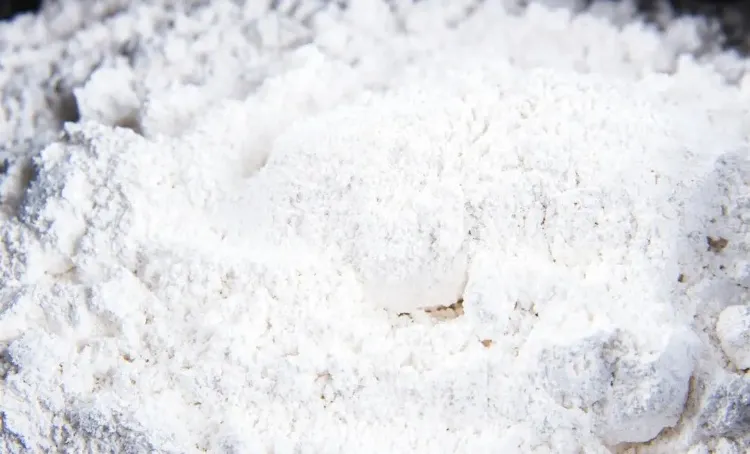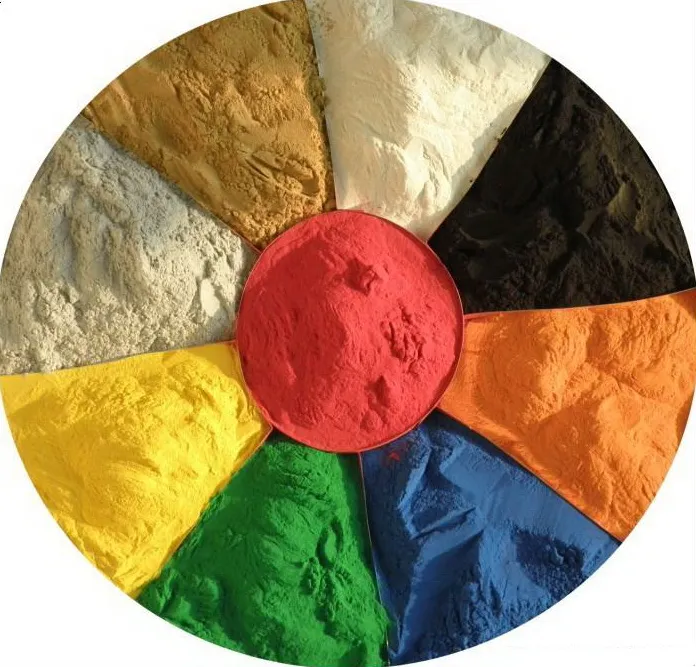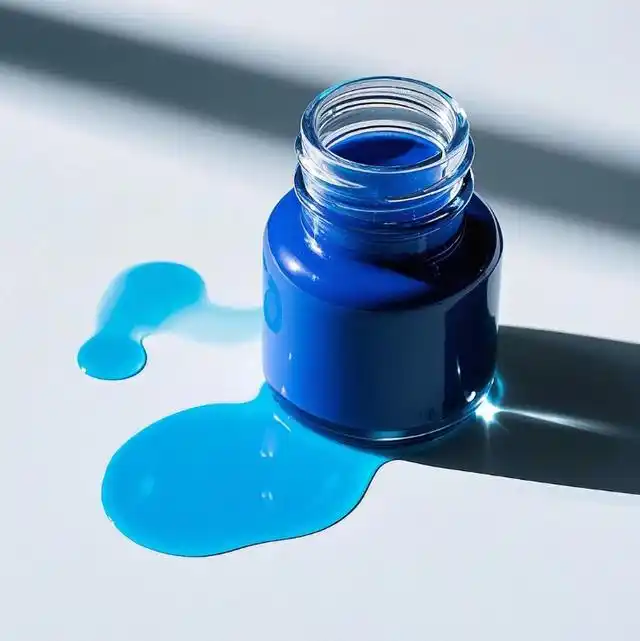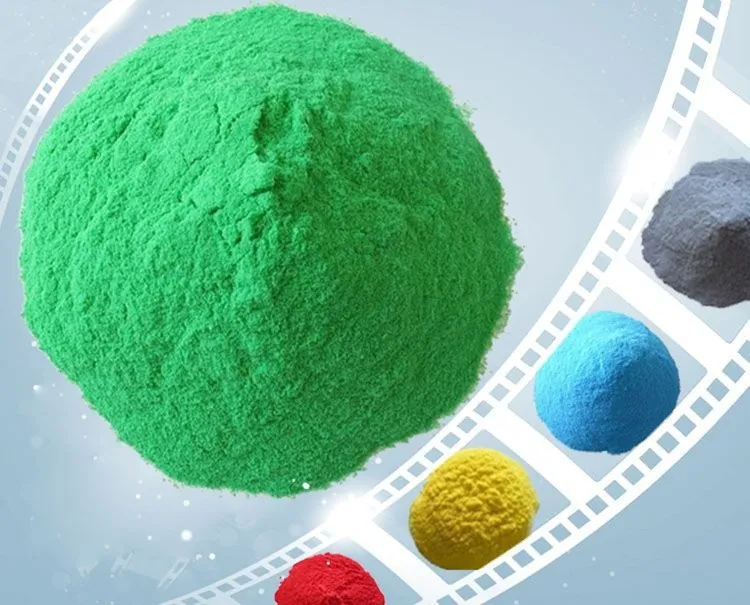Calcium carbonate is a non-toxic, tasteless, and non-irritating white powder. It is one of the most widely used inorganic fillers. Calcium carbonate is neutral, insoluble in water, but soluble in acids. Based on production methods, it can be divided into heavy calcium carbonate, light calcium carbonate, colloidal calcium carbonate, and crystalline calcium carbonate. Calcium carbonate is abundant on Earth, found in rocks like aragonite, calcite, chalk, limestone, and marble. It is also a key component of animal bones and shells. The application of calcium carbonate spans multiple industries due to its versatility and cost-effectiveness.

Application of Calcium Carbonate in Latex Paint

The Role of Heavy Calcium Carbonate
- As a pigment extender, it provides filling properties, making the product finer, more uniform, and with high whiteness.
- It has certain hiding power. Using ultra-fine products can improve the hiding effect of titanium dioxide when the particle size is close.
- It enhances the film’s strength, water resistance, dryness, and scrub resistance.
- It improves color retention.
- It reduces costs, with a usage range of 10% to 50%.
Disadvantages: It has a high density, is prone to settling, and should not be used in excess.
The Role of Light Calcium Carbonate
- As a pigment extender, it provides filling properties, making the product finer and increasing whiteness.
- It has certain dry hiding power.
- Its low density and large surface area give it some suspension properties, helping prevent settling.
- It reduces costs.
- It improves the tactile feel. Disadvantages: It is prone to whitening, swelling, and thickening, so its usage should not be excessive. It is not suitable for exterior wall coatings.
Application of Calcium Carbonate in Powder Coatings

- It can be used as a filler in high-gloss coatings.
- For semi-gloss coatings, calcium carbonate can generally be added directly, eliminating the need for a matting agent, saving costs.
- As a white inorganic pigment, it can be combined with titanium dioxide to reduce costs.
- Compared to other fillers, calcium carbonate is most suitable for environmentally friendly products with low heavy metal content, such as children’s toys and strollers.
- It can increase the powdering rate and spray coverage in coatings, especially noticeable in mixed powders.
- It is not suitable as a filler if outdoor weather resistance is required.
- Due to its high oil absorption, it may cause orange peel on the paint film; adding a small amount of hydrogenated castor oil can help.
- It serves as a skeleton, increasing the paint film thickness and improving the abrasion resistance and durability of the coating.
Application of Calcium Carbonate in Wood Coatings
- It can be used as a filler in colored primers to reduce costs.
- It increases the paint film’s strength and abrasion resistance.
- Light calcium carbonate has a slight thickening effect, is thixotropic, and offers good anti-settling properties.
- Heavy calcium carbonate reduces the sanding properties in the paint film and tends to settle in the can, requiring enhanced anti-settling measures.
- It improves the gloss, dryness, and whiteness of the paint film.
- It should not be used with alkaline-resistant pigments and fillers.
Application of Calcium Carbonate in Automotive Paint
Ultrafine calcium carbonate with a particle size smaller than 80nm is used in automotive chassis stone-chip-resistant coatings and topcoats due to its good thixotropic properties. The market capacity reaches 7,000–8,000 tons per year, with an international market price as high as 1,100–1,200 USD per ton.
Application of Calcium Carbonate in Ink

Ultrafine calcium carbonate used in inks exhibits excellent dispersibility, transparency, outstanding gloss and hiding power, as well as superior ink absorption and drying properties. It must undergo activation treatment, with its crystal form being spherical or cubic.
Epic Powder

Epic Powder, 20+ years of work experience in the ultrafine powder industry. Actively promote the future development of ultra-fine powder, focusing on crushing, grinding, classifying and modification process of ultra-fine powder. Contact us for a free consultation and customized solutions! Our expert team is dedicated to providing high-quality products and services to maximize the value of your powder processing. Epic Powder—Your Trusted Powder Processing Expert !
